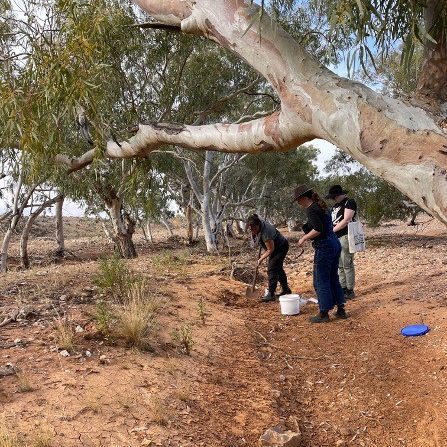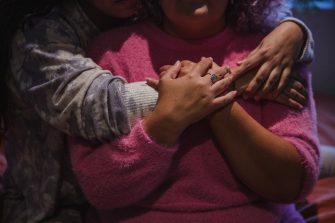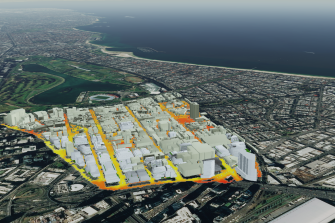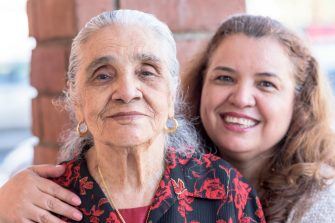Creating impact story series
Discover, be inspired by, and learn more about the problems we are solving at UNSW Arts, Design & Architecture.

Our researchers think differently and engage widely.
Find out more about our research impact over the last few years through this series of stories highlighting the rich diversity of approaches and achievements among ADA researchers.
Our academics are open to working in new teams, with new partners to solve complex challenges.




.cropimg.width=335.crop=basic.jpg)



.cropimg.width=335.crop=basic.jpg)
